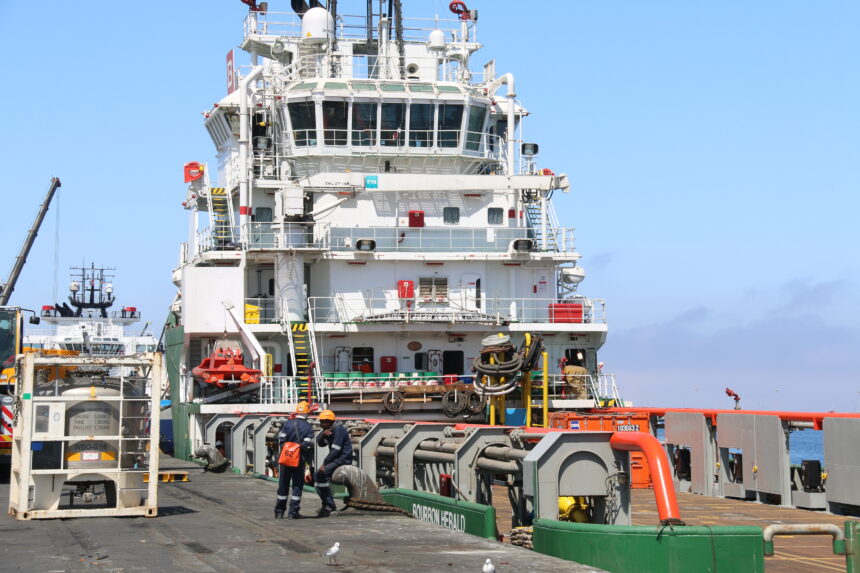The Namibia Revenue Agency (NamRA) recovered N$20 million from 14 fishing companies between 1 May and 19 July 2024. This is as the revenue agency intensifies efforts to combat deliberate tax evasion within the fishing industry. In a statement issued last week, NamRA stated it has taken targeted actions to halt revenue leakage in this sector and ensure offenders are held accountable.
“Over the years, the fishing industry has been among the lowest contributors to the national fiscus, with fees paid to directors and other members often going undeclared and, therefore, untaxed.
The ongoing investigations are focusing on the sale of fishing quotas by rights holders, amongst others. Additionally, the analysis is targeting beneficial ownership and transactions with related entities concerning vessel ownership and the export of products,” NamRA stated.
NamRA issued administrative summons between 1 May and 19 July 2024, in accordance with applicable laws and raised tax assessments to determine tax liability. According to the statement, this was followed by the appointment of third parties, namely commercial banks and others to pay over funds in respect of the tax debt owed by identified taxpayers.
NamRA further stated it is collaborating with other law enforcement agencies particularly, the Namibian Police, the Office of the Prosecutor General and the Financial Intelligence Centre, to carry out parallel financial investigations.
“Once the financial investigations are completed, the criminal process where relevant will be initiated, including the preservation and asset forfeiture proceedings, as provided for under the Prevention of Organised Crime Act, (2004). NamRA remains committed to strengthening its enforcement capability to enhance compliance with the applicable tax laws and the targeted efforts to ensure compliance will be carried out in the various sectors of the economy.
We, therefore, appeal to all taxpayers to ensure voluntary compliance with the tax laws,” the revenue agency stated.
Namibia’s fishing industry has through the years maintained its status as the third-largest contributor to the nation’s Gross Domestic Product, generally setting an example for responsible resources management globally.
However, amidst its notable successes, the industry remains grappled with formidable challenges which demand strategic resilience.
These include illegal, unreported and unregulated (IUU) fishing which has persisted as a perennial issue, challenging the industry’s commitment to sustainable practices.
Simultaneously, the relentless rise in fuel costs poses a significant threat to the sector’s profitability, necessitating innovative solutions to navigate economic headwinds.


